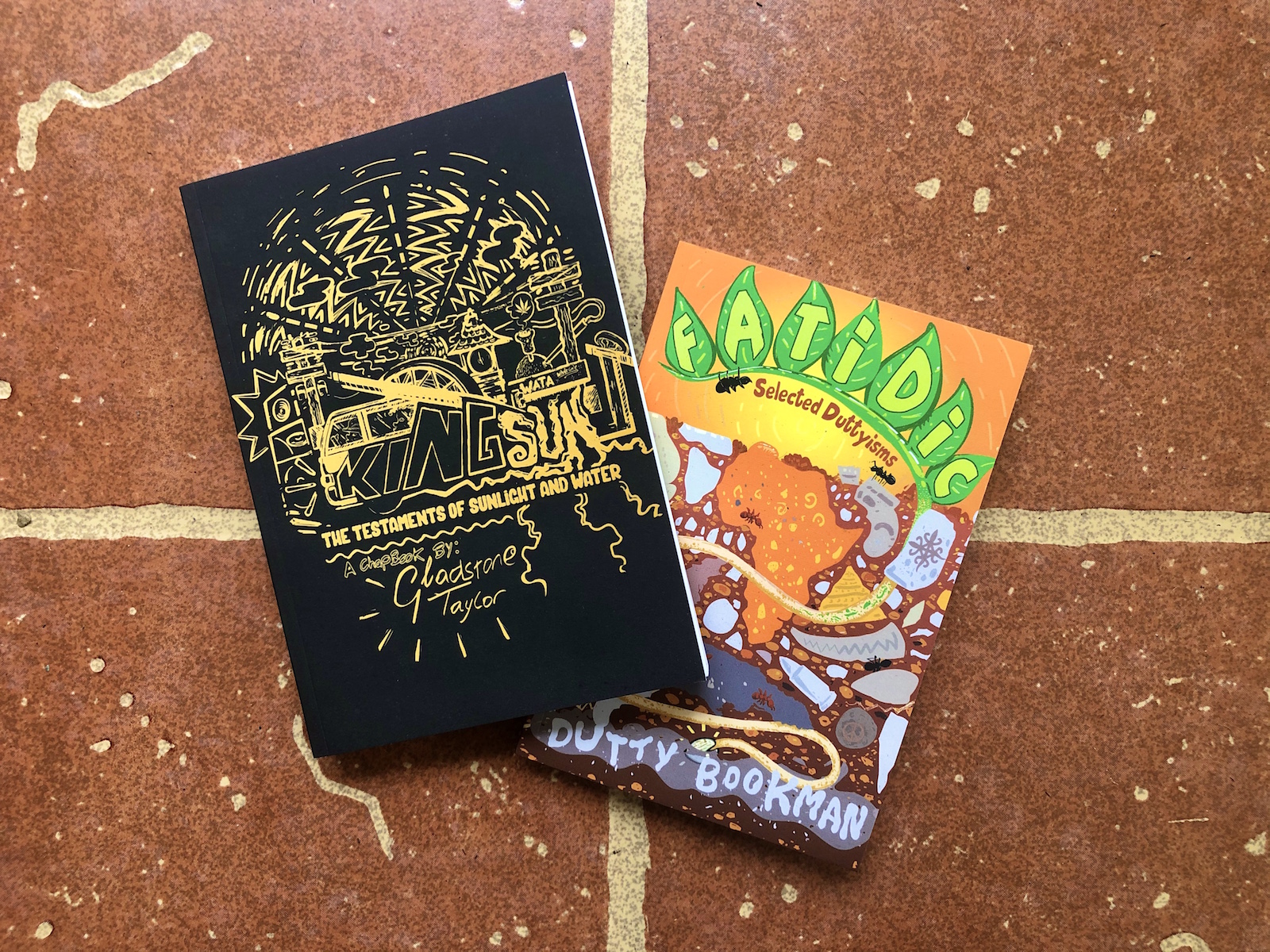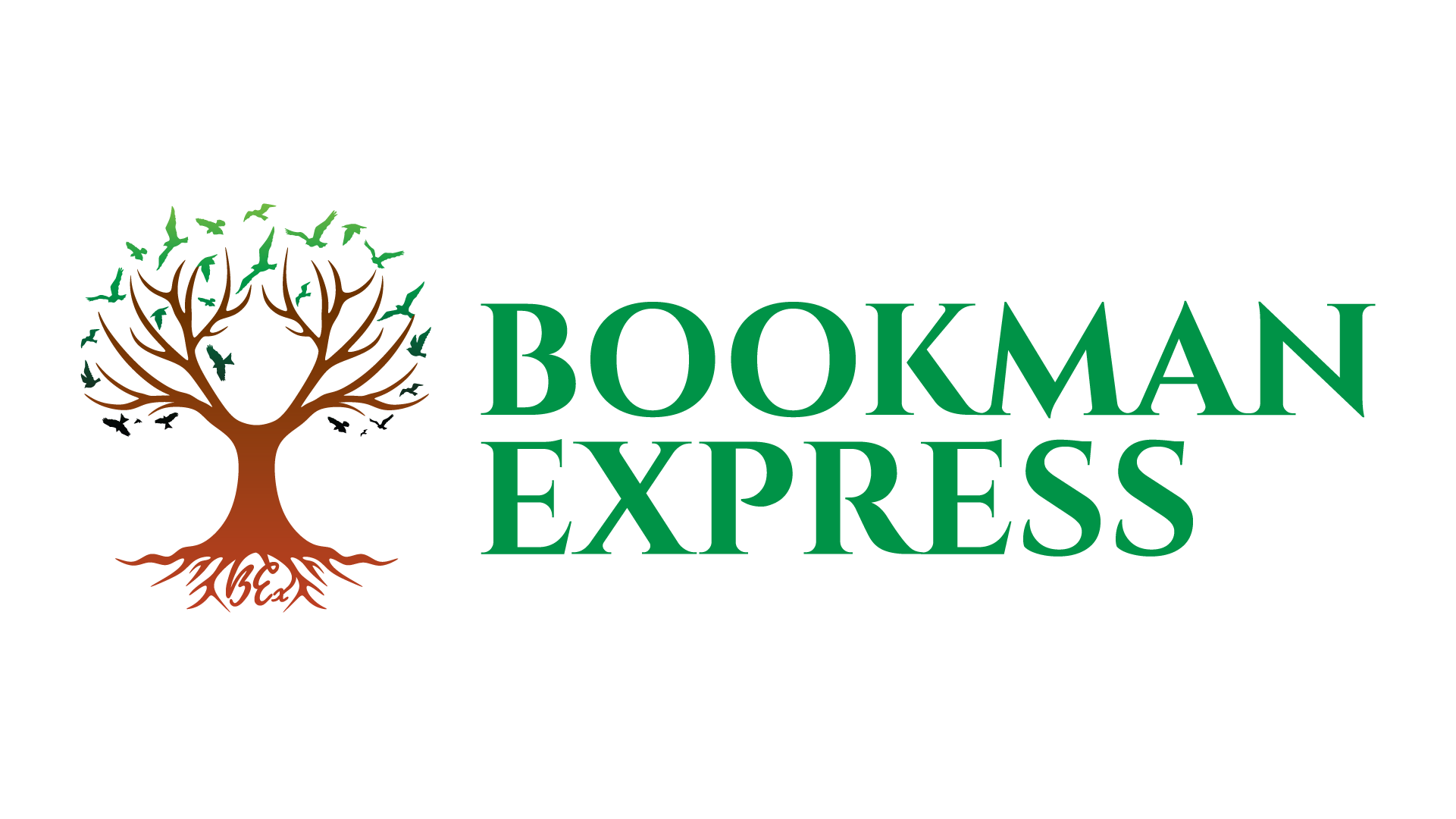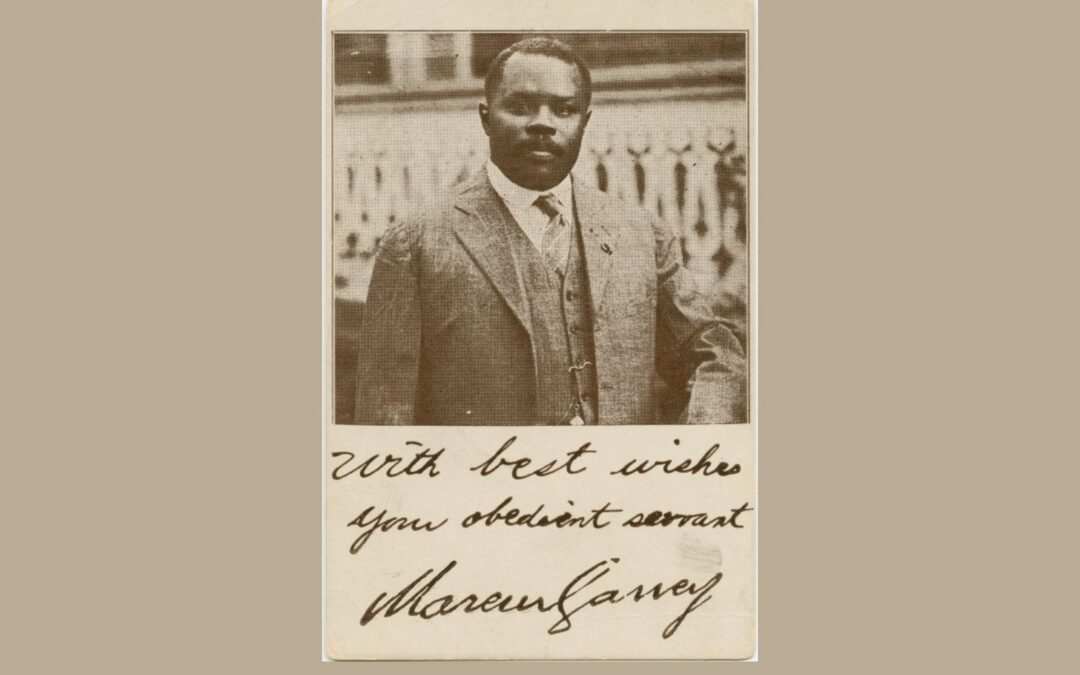All writers are not the same. People wield the pen (or the keyboard as the case may be) for different intended effects and great narratives manifest in any given genre, touching readers in profound ways. Yet, there is something special about the impression poetry leaves on us. It is a high caliber literary science and those who truly practice the art of it tend to ooze poetry in their daily ruminations. Such wordsmiths – we call them poets – provide us with elixirs of overstanding in their select spells that get documented.
While poetry is clearly the dominion of seasoned poets, like Tara-Elizabeth Downs who feels strongly about poetry, it is not their province alone. For some reason, it is a creative endeavor that many other writers and thinkers have dabbled in. No less a man than the most impactful pan-African mobilizer recorded in Western history, Marcus Mosiah Garvey himself had produced poems of his own. Although known for his stirring, eloquent, already poetic oratory, Garvey still found need to express himself differently from time to time. It begs the question: Why? As in, why would Black Marcus, already successful in his methods of energizing his people and also having a busy schedule, feel compelled to write poems in his free time? What is it about poetry that pulls in even the best of us?

‘KingSun’ and ‘Fatidic,’ both published in 2015.
Journalist Gladstone Taylor may have the answer. His multi-genre chapbook, KingSun: The Testaments of Sunlight and Water [purchase here], includes a chapter of poems, the third of his 5 testaments. In it, Taylor writes:
I think we are all predisposed to loving poetry. I found that it helped me to develop a way of having more to say about things. It helped me to explore my own opinions.
– Gladstone Taylor, KingSun, page 55
Simple as that. Perhaps, Garvey simply loved poetry. Perhaps, a man with the most to say had even more to say. Perhaps, the free form of poetry was the only way to say those extra things, to satisfy himself that he had fully expressed himself.
Dutty Bookman, author of 3 books – none are poetry anthologies – released a single poem in his sophomore publication, Fatidic: Selected Duttyisms [purchase here]. On page 19, he warns the reader, “I rarely dabble in poetry,” before explaining that he had counted 46 attempted poems to date. He thought only four were worthy of being read by others. When asked why he published the one that he did, Dutty said, “Writing that particular poem helped me to address something that was weighing on my conscience. Publicizing it was necessary to complete my remorse.”
Obviously, the art of poetry has immense potential value for everyone. We continue to salute all the actual poets of our world, and give thanks for them coloring our lives brilliantly with language. And, to anyone who doesn’t practice poetry professionally but do a ting from time to time, we say continue to bless up yourself! Poetry belongs to us all.

